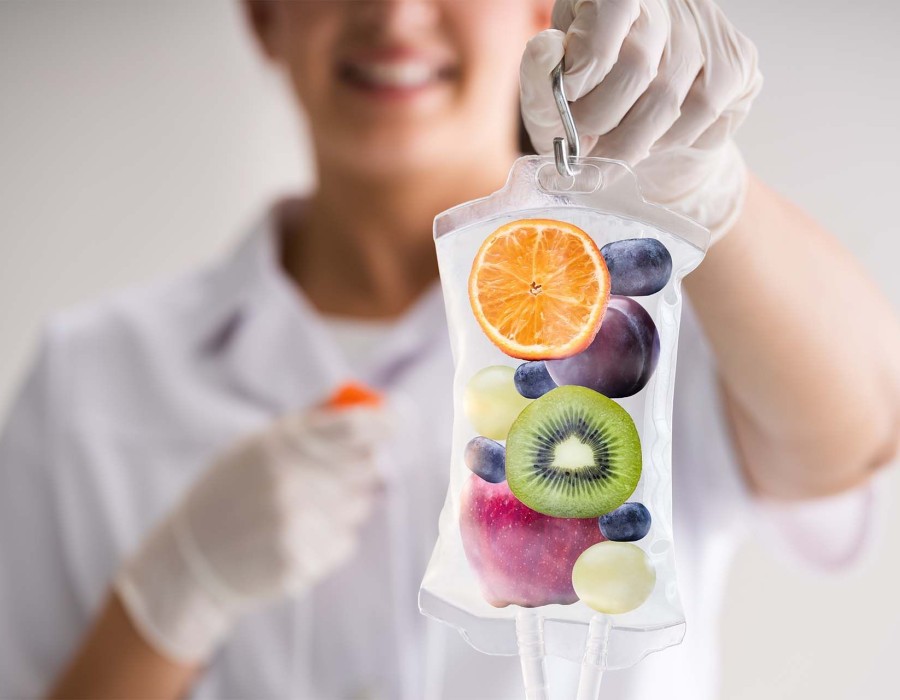If you've recently received a Gastric Balloon in Dubai or are considering it as a weight loss solution, understanding the do’s and don'ts of post-procedure care is essential for success. One of the most overlooked—but critically important—aspects is medication use. Certain drugs can interfere with the effectiveness of the balloon, cause discomfort, or even lead to complications. This article breaks down which medications to avoid and why it's so important to follow medical guidance during your journey.
Why Medication Matters After a Gastric Balloon
A gastric balloon is a non-surgical weight loss procedure that involves placing a soft, expandable balloon in your stomach to limit food intake and create a feeling of fullness. Because it changes the environment inside your stomach, some medications that were once safe can now irritate the stomach lining or affect how the balloon functions.
Misusing medications—or continuing with previous prescriptions without adjustment—can cause nausea, ulcers, and even balloon deflation in rare cases. That’s why it’s critical to understand what to avoid and speak with a healthcare provider about safe alternatives.
Medications You Should Avoid
1. Non-Steroidal Anti-Inflammatory Drugs (NSAIDs)
NSAIDs like ibuprofen, naproxen, and aspirin are commonly used for pain relief and inflammation. However, after receiving a gastric balloon, these medications can irritate the stomach lining and significantly increase the risk of ulcers or gastritis.
Why avoid them?
NSAIDs can compromise the stomach’s protective lining, which is already under pressure due to the balloon’s presence. This combination can lead to bleeding or ulcer formation.
What to do instead:
Acetaminophen (paracetamol) is generally considered safer for occasional pain relief. Always check with your doctor before switching medications.
2. Anticoagulants and Blood Thinners
Blood-thinning medications like warfarin, heparin, and some newer oral anticoagulants may pose risks after a gastric balloon procedure. These drugs increase the risk of internal bleeding, especially if the balloon causes even minor irritation to the stomach lining.
Why avoid them?
Even slight abrasions caused by the balloon can become dangerous if blood doesn’t clot properly.
What to do instead:
Never stop these medications without medical supervision. Your doctor might adjust your dosage or offer a safer alternative during the time the balloon is in place.
3. Corticosteroids
Oral corticosteroids such as prednisone are used for inflammation and autoimmune conditions but can weaken the stomach’s mucosal lining and increase the chance of ulcers.
Why avoid them?
They reduce the stomach’s natural defenses, which can be problematic when a foreign object like a gastric balloon is present.
What to do instead:
Discuss with your healthcare provider if a tapering plan or alternative treatment is possible during the balloon placement period.
4. Certain Antibiotics
Some antibiotics, particularly those in the tetracycline family, may irritate the stomach or cause inflammation when combined with a gastric balloon. These effects may worsen nausea, a common side effect in the first days after balloon placement.
Why avoid them?
Antibiotics can alter gut flora and increase acidity, which might trigger discomfort or vomiting
.
What to do instead:
Let your healthcare provider know if you need antibiotics so they can prescribe ones that are gentler on the stomach.
The Importance of Transparency with Your Doctor
Before your gastric balloon placement and throughout the months it remains in your stomach, always provide a full list of medications you're taking—including over-the-counter drugs, herbal supplements, and vitamins. Even common remedies like antacids or laxatives can interact with the gastric balloon if not used correctly.
Final Thoughts
A Bastric Balloon Dubai offers a promising path toward weight loss and improved health. However, its success depends not just on diet and exercise, but also on careful medication management. By avoiding drugs that can harm your stomach or the balloon itself, you increase your chances of a smoother, safer, and more effective weight loss journey.





Comments